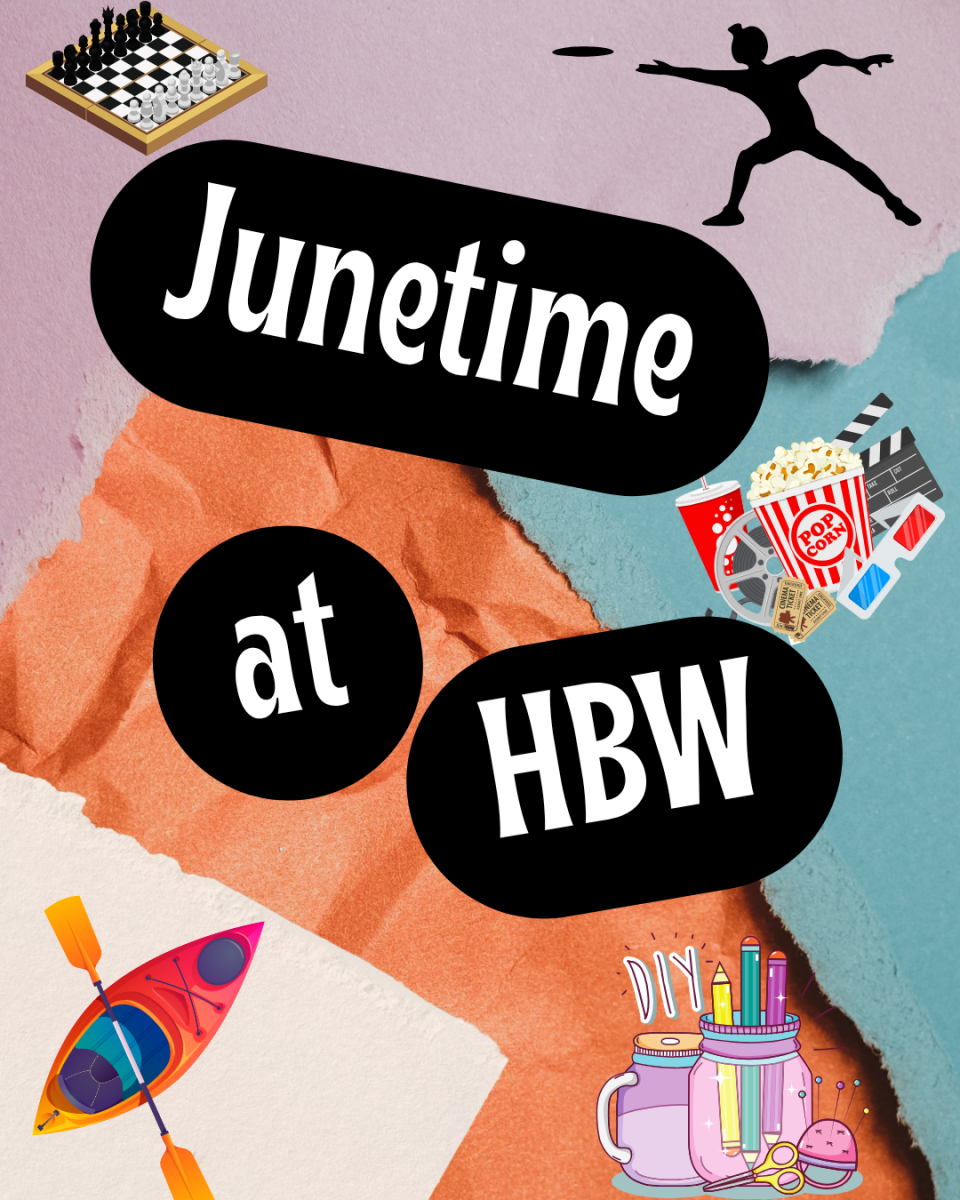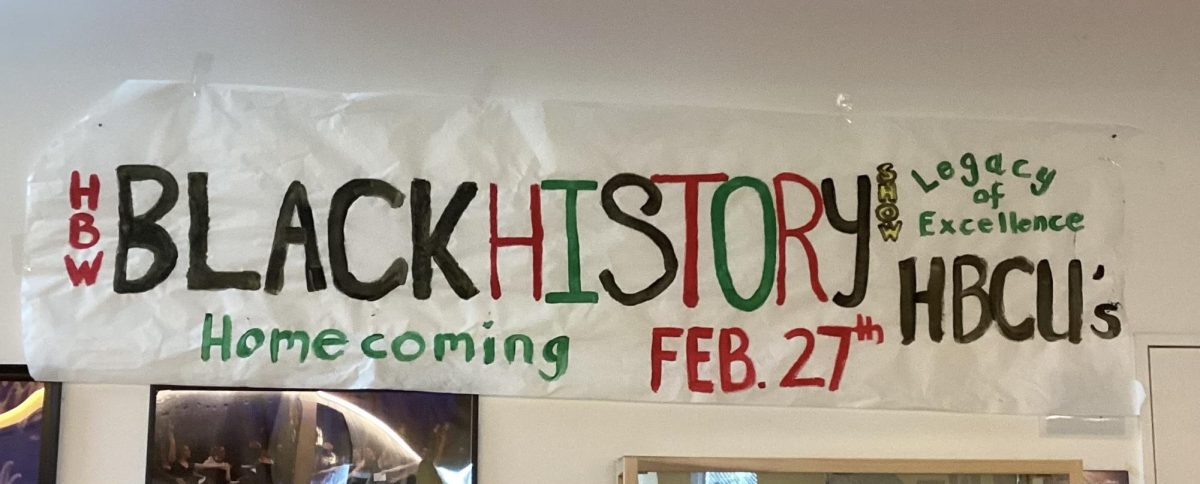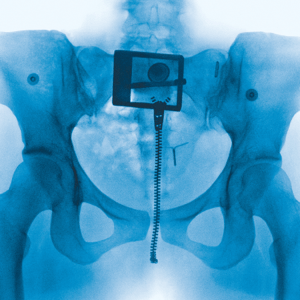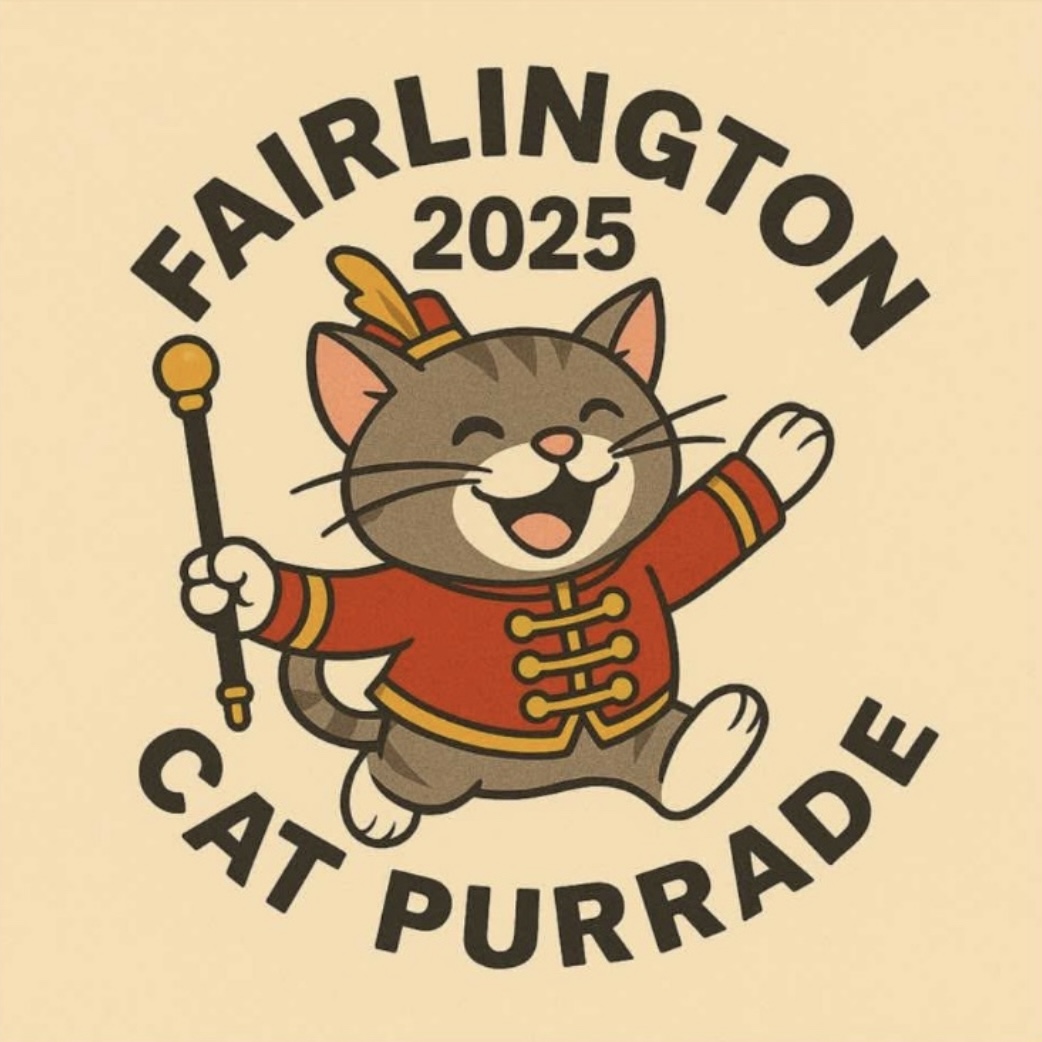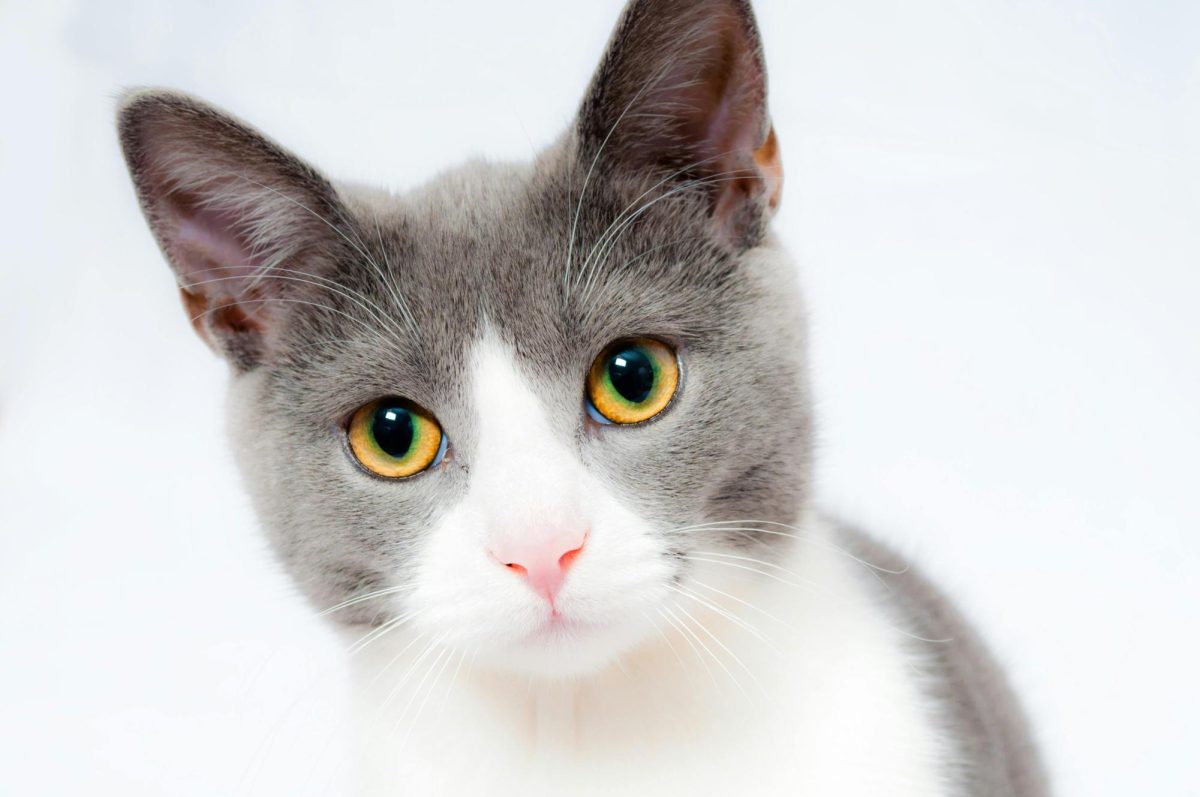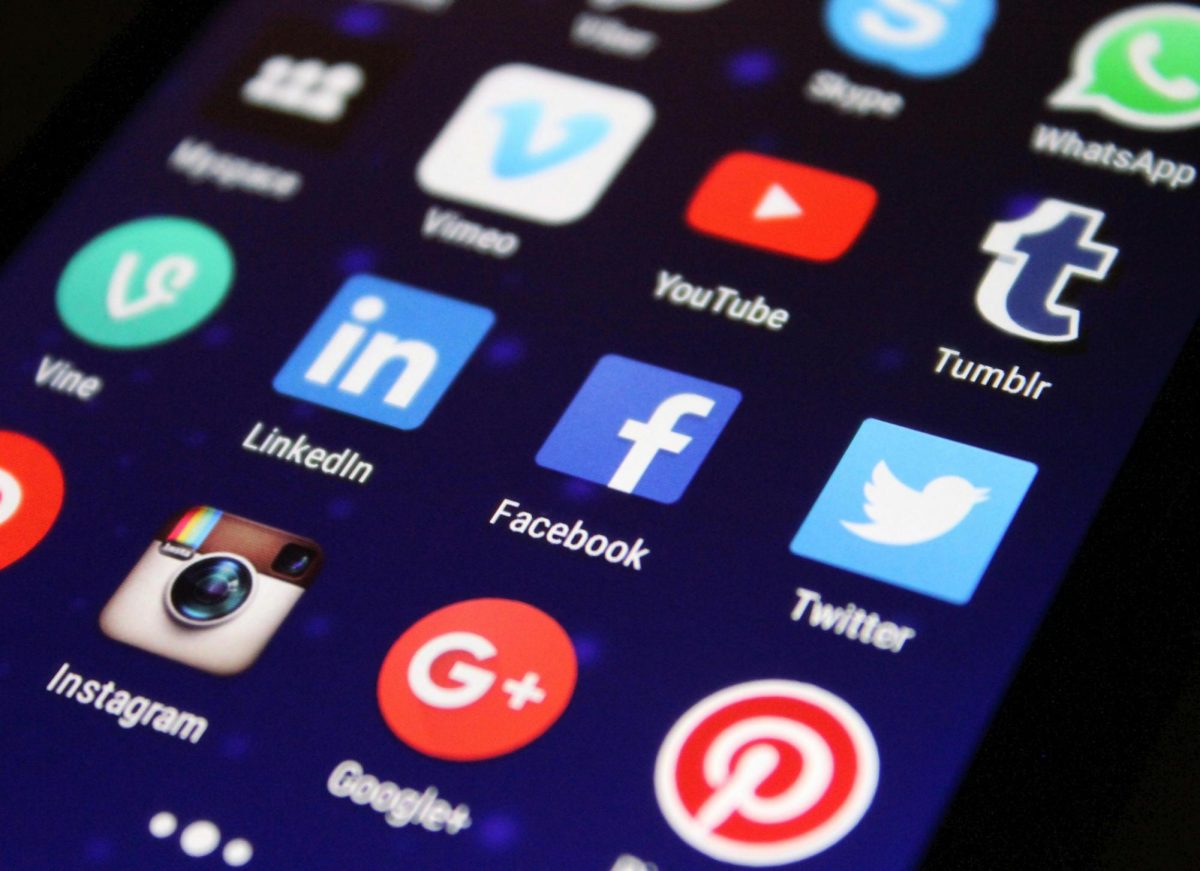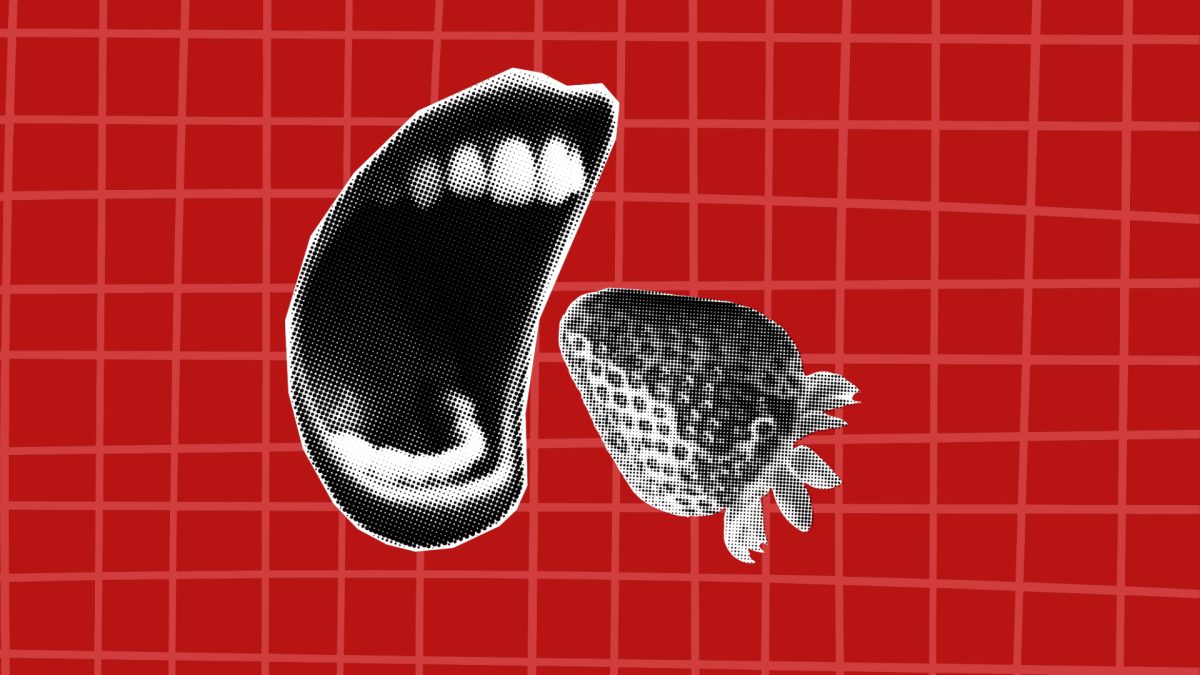*DISCLAIMER: This article contains mentions of eating disorders, suicide, and fatphobia*
Diet culture has been ingrained in our society for a long time. The NIH defines diet culture as “a type of societal norm that classifies thin bodies as righteous and superior and large bodies as immoral and inferior”. This trend has a reputation for alienating larger people, chastising them if they do not “put in the work” or “take care of themselves”.
This reinforces the idea that all overweight people are lazy and unwilling to do hard work. It also implies that people are overweight because they are doing something wrong, not that their weight is instead in part due to causes that they cannot control (e.g. genetic factors).
Weight stigma also has detrimental effects to those who are being discriminated against. In fact, it has been associated with elevated cortisol levels, depression, substance use disorders, and even suicidality.
In addition to weight stigma, diet culture wreaks havoc on the bodies of those who adhere to diets. Certain diets that are too restrictive can cause rapid weight loss, which can lead to hospitalization and malnourishment.
Many diets can lead to weight cycling, which is a large change in weight over time. An article by Colorado EDU states that “studies indicate that weight cycling can cause fluctuations in cardiovascular risk factors, including blood pressure, heart rate, glucose, lipids and insulin levels”.
Although there are many consequences of diet culture, there are also many mediums that push diets onto people. Diet books have become increasingly popular in the 21st century, featuring step-by-step instructions for weight loss. Social media is another critical way that people spread diet culture. New research from the University of Vermont finds “the most viewed content on TikTok relating to food, nutrition and weight perpetuates a toxic diet culture among teens and young adults”.
For example, a trend on TikTok called “SkinnyTok” has taken the internet by storm lately. The content on SkinnyTok often features tall, slim women posing with motivational text on the screen that promotes dieting.
One viral SkinnyTok clip features a woman standing in front of plates of healthy food with the captions “You need a treat? Wtf are you? A dog? Exactly”. And “Go drink your green tea babe”. This kind of messaging on social media is very effective at pushing diet culture onto viewers because it aims to shame and belittle them when they do not adhere to a certain “ideal” diet.
Diet culture has proven to be destructive to our society time and time again. It facilitates weight discrimination, causes emotional distress, creates physical health problems, and promotes disordered eating behavior. As a society, we would be much better off if we let go of diet culture.


